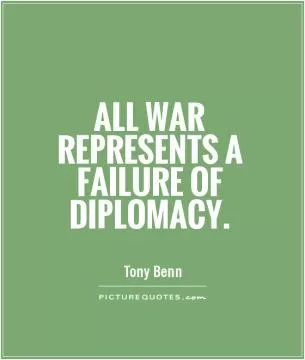It is tempting to deny, but if you deny you confirm what you won't deny

It is tempting to deny, but if you deny you confirm what you won't deny
Denial is a powerful defense mechanism that many people use to protect themselves from uncomfortable truths or realities. When faced with something that challenges our beliefs or values, it can be tempting to simply deny its existence or significance. However, denying something does not make it go away; in fact, it often serves to confirm the very thing that we are trying to deny.When we deny something, we are essentially acknowledging its existence on some level. By refusing to accept a truth or reality, we are implicitly acknowledging that it is something that we are not willing to confront or deal with. In this way, denial can actually serve to reinforce the very thing that we are trying to deny.
For example, if someone is in denial about their addiction to drugs or alcohol, their denial does not make the addiction disappear. In fact, it often serves to perpetuate the addiction by allowing the individual to continue engaging in destructive behaviors without facing the consequences. By denying the problem, they are confirming its existence and allowing it to grow unchecked.
Similarly, in relationships, denial can be a common response to issues or conflicts that arise. When one partner denies that there is a problem or refuses to acknowledge their role in the conflict, they are essentially confirming the existence of the problem and preventing any resolution from taking place. By denying the issue, they are confirming that it is something that they are not willing to address or work through.












 Friendship Quotes
Friendship Quotes Love Quotes
Love Quotes Life Quotes
Life Quotes Funny Quotes
Funny Quotes Motivational Quotes
Motivational Quotes Inspirational Quotes
Inspirational Quotes